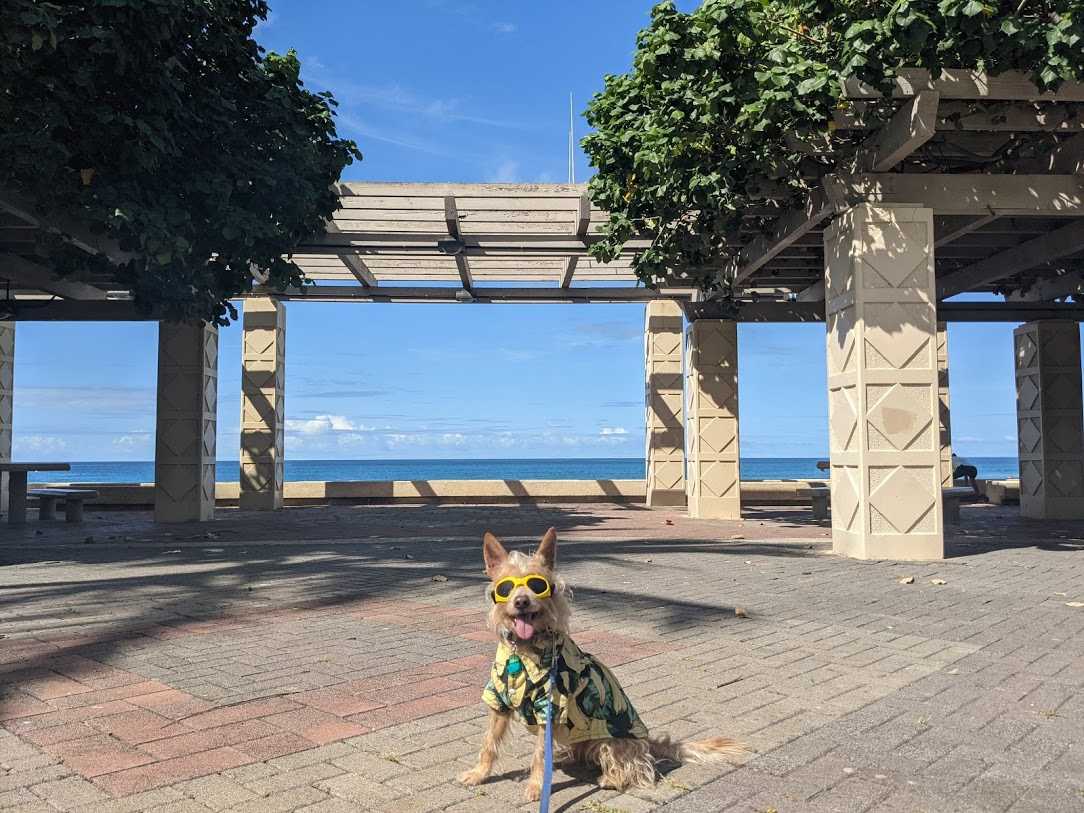PR
カレンダー
2025.10
2025.09
2025.08
2025.07
2025.05
2025.04
2025.03
2025.02
コメント新着
キーワードサーチ
カテゴリ
Unclassified
(542)Duke and Duchess
(89)Japan trip
(20)Trips
(69)Family
(92)daily life
(72)Miscellany
(57)Health
(48)Baby/dogs
(12)セミリタイア生活
(14)ハワイ生活
(1051)ライセンス・プレート
(14)カカアコ・ウォールアート
(28)保護犬
(2)キアヌ
(16)ハワイ・ウェディング
(12)
 collagen plugs
which block the natural drainage of tears from the eye through the punctum for treating my dry eye today.
collagen plugs
which block the natural drainage of tears from the eye through the punctum for treating my dry eye today.
If these work well on my eyes then I will have Punctal silicone plugs
.
So far, it's hard to say whether my eyes feel any different.
My eyes are very tired from all the tests I had today though.
I googled and found the Punctal silicone plugs surgery cost $200 and $70 out of pockets with Japanese national health insurance plan in Japan.
In US, it will be $600+ and it will be covered by most insurance companies. In my case, $50 co-pays each visit.
I just had to pay the specialist rate co-pay.
I had to do this 3 times. (Total=$150)
Today’s exam+ collagen plugs visit, on a follow-up visit and for silicone plugs, on a follow-up visit.
The first two visits were considered "surgical", although there isn't any actual surgery involved.
He just put in some numbing drops and then pop the plugs in.
It’s seems, over all, it is cheaper to get medical treatment in Japan than US even without any insurance.
Also, Japanese veterinarians charge far less than American.
In Japan, a medical school is an integral part of a university’s undergraduate program. Programs are generally 6 years.
The standard U.S. medical school curriculum is four years long that usually starts after obtaining an undergraduate degree.
You have to spend more time and more tuition to become an American doctor.
Maybe that is the one of reasons American doctors charge more for their service than Japanese doctors.
The Health care system in Japan provides healthcare services with the patient accepting responsibility for 30% of these costs while the government pays the remaining 70%.
For the catastrophic health care charges, the government picking up the tab over 83,400yen ($970)/month.
Japanese health system has many problems also.
More than 14,000 emergency patients were rejected at least three times by Japanese hospitals before getting treatment.
Some unfortunate people had to die in the ambulance because hospitals rejected them.
I hope US Senate health committees have learned from Japanese mistakes.


ここ数年ドライアイで視力が落ちています。
処方箋の目薬では全く効果がなく
次のステップとして涙点プラグを挿入する事になりました。
涙小点に涙点プラグを設置して、眼の表面に涙液を溜めるのです。
まずは コラーゲンプラグを挿入 してみて
効果があるようなら来週 シリコンプラグを挿入 します。
日本では両目で2万円ほど、自己負担が7千円らしいです。
でもこのアメリカでは両目のラグ挿入に
最低600ドル以上掛かります。
私の保険では専門医の検診の度の自己負担が50ドル。
今日の検診+コラーゲンプラグ挿入、
来週の診察+シリコンプラグの挿入、
再来週の診察。
自己負担は計150ドルです。
プラグ挿入は手術扱いになりますが
10分ほどで終わる簡単な処置です。
私の目の方は今のところ、何の変化もありません。
違和感がないということは良い事らしいです。
コラーゲンは7~10日で自然に解けて消失するらしいです。
べら棒に高いですね。
獣医の診察料も日本の数倍高いようです。
アメリカでは大学を卒業してから
メディカルスクールに入学する場合が殆どで
日本で医者になるより2年も余計に時間も学費も掛かります。
それが医療費に反映しているのかもしれません。
日本には高額療養費と言う素晴らしい制度があるそうで
持病のある私には本当に羨ましい限りです。
でも日本では《急患たらい回し》などの問題があり、
(これも最近は改善されているそうですが)
完璧な国民皆保険制度とは言えないようです。
国民皆保険制に向かっている アメリカは
日本の過ちから学んで
より良い医療保険制度改革法を考えるべきですね。










